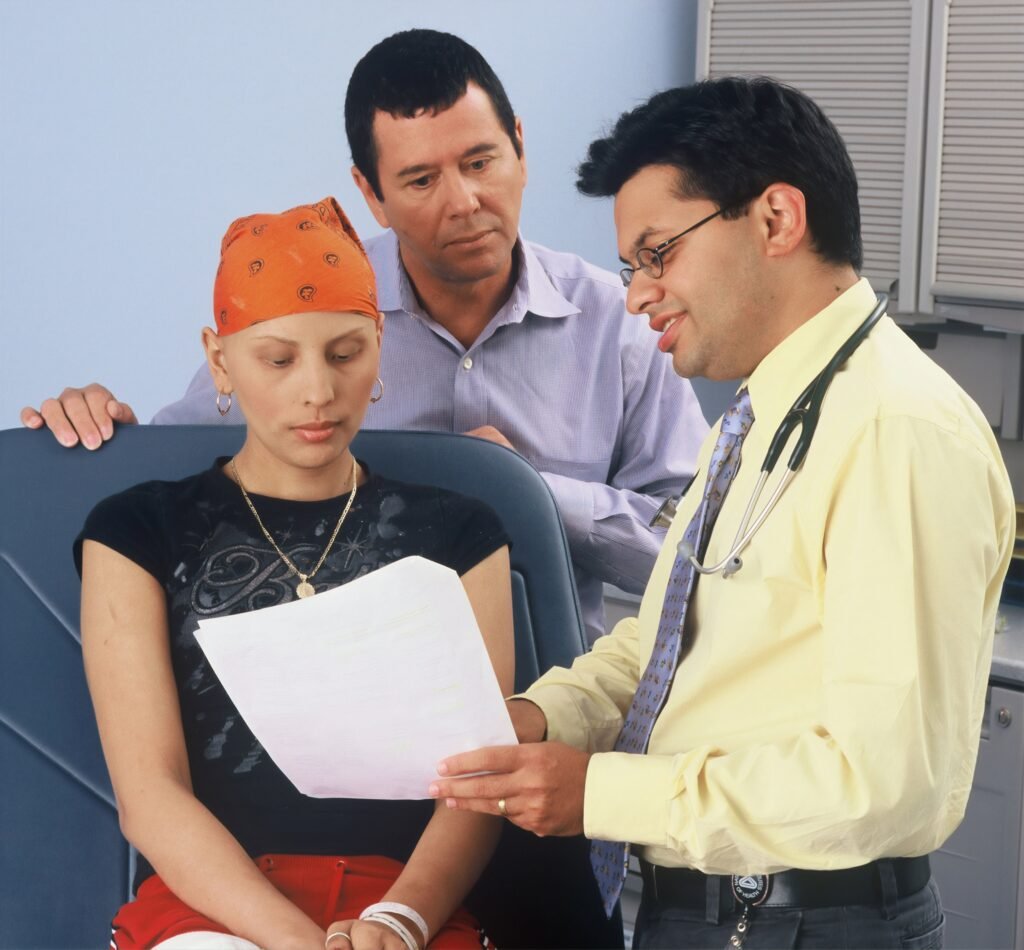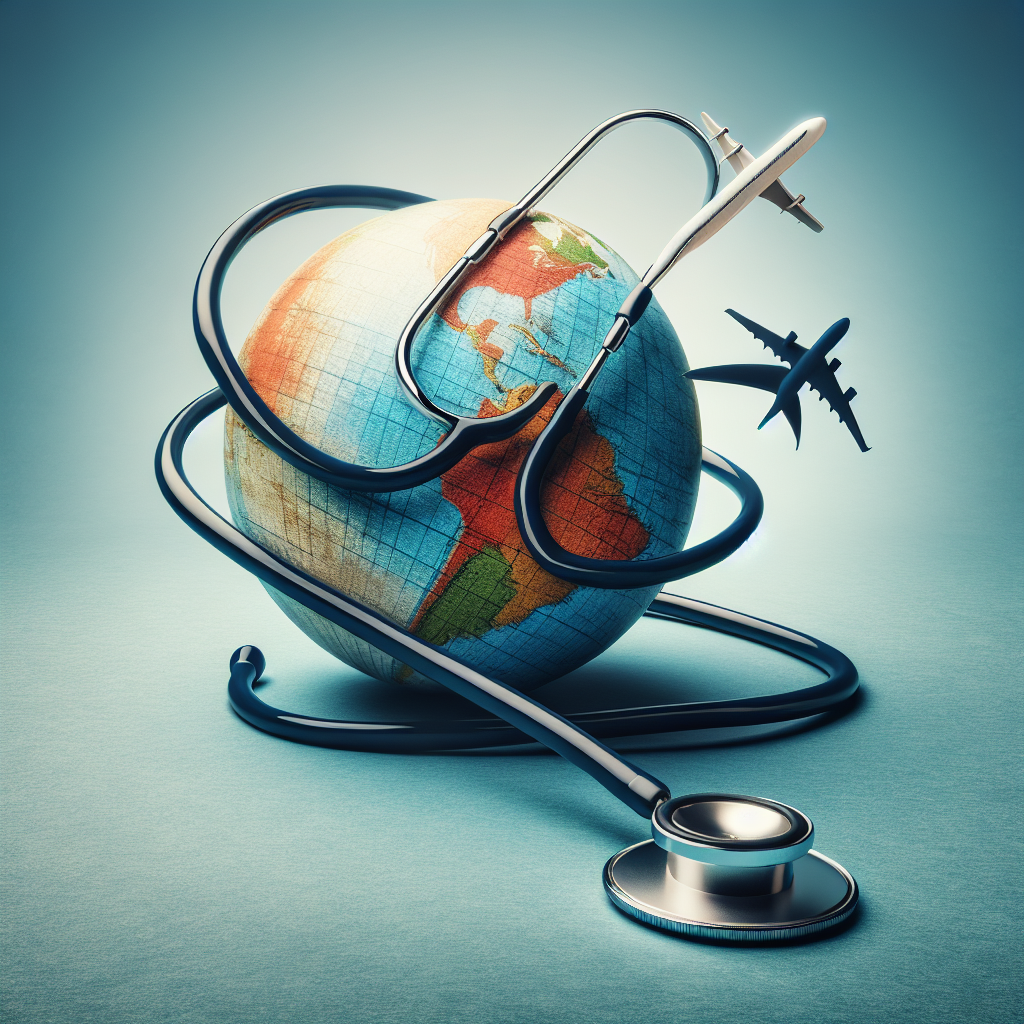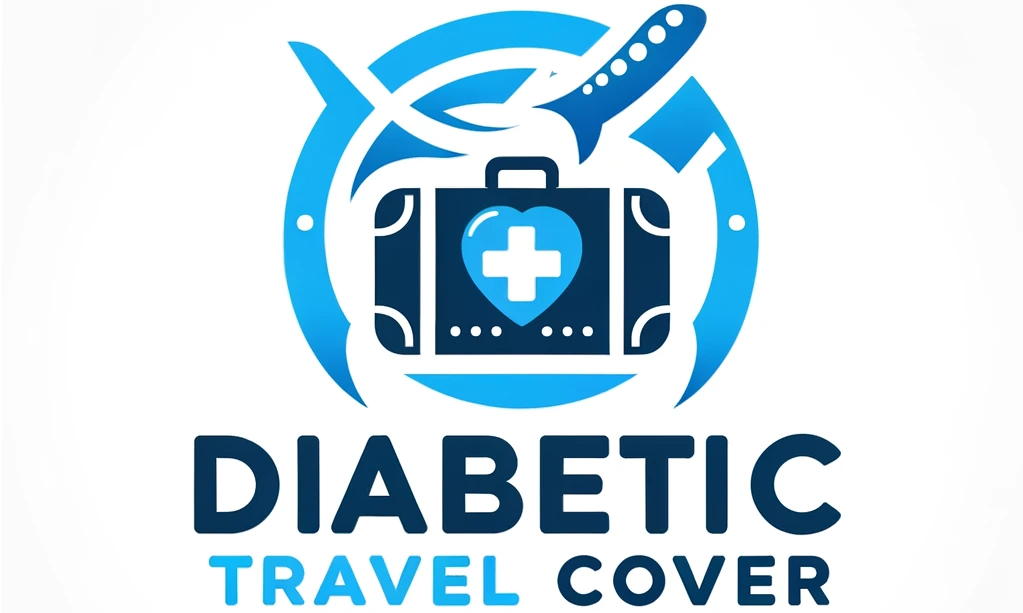Are you planning to travel abroad and want to be prepared in case you need medical care while you’re away from home? Look no further! In this article, we will provide you with valuable tips and resources on accessing medical care abroad. Whether you’re dealing with a minor ailment or a more serious health issue, we’ve got you covered. From understanding the healthcare systems in different countries to knowing what documents you should carry, this article will equip you with the knowledge you need for a worry-free journey. So, let’s get started on ensuring your peace of mind when it comes to accessing medical care during your international travels!

Understanding the Need for Medical Care Abroad
Reasons for seeking medical care abroad
Seeking medical care abroad has become increasingly popular for a variety of reasons. One common motivation is the desire for more affordable healthcare options. In some countries, medical treatments can be significantly cheaper than in your home country, making it an attractive choice for those looking to save money on medical expenses. Additionally, some individuals may opt for medical care abroad to access treatments and procedures that are not available in their home country. This often includes advanced or experimental treatments that offer hope for better health outcomes.
Global healthcare landscape
Understanding the global healthcare landscape is crucial when considering seeking medical care abroad. Different countries have varying standards of healthcare, ranging from high-quality and advanced facilities to those with less developed medical systems. It’s important to research and evaluate healthcare systems in different regions to ensure you choose a destination that meets your specific needs and expectations. By familiarizing yourself with the healthcare landscape, you can make informed decisions about where to seek medical care abroad.
Variation in healthcare quality across countries
Healthcare quality can vary significantly across countries. Factors such as infrastructure, technology, and healthcare professionals’ expertise contribute to these variations. Some countries excel in certain medical fields, such as cardiology or oncology, while others may have a stronger focus on general healthcare. It’s essential to consider these variations when choosing a destination for your medical care to ensure you receive the highest quality treatment possible.
Choosing the Appropriate Destination
Factors to consider when selecting a country
When selecting a country for medical care, several factors come into play. One crucial consideration is the reputation and expertise of medical professionals in that particular country. Research the qualifications, experience, and success rates of doctors and hospitals to ensure you receive top-notch healthcare. Additionally, language and cultural barriers should be taken into account. Ensuring effective communication with healthcare providers is vital for a positive healthcare experience.
Healthcare standards in different regions
Healthcare standards can vary significantly from one region to another. Some countries have robust healthcare systems that prioritize patient safety and quality of care, while others may still be developing their healthcare infrastructure. It’s crucial to choose a destination with high healthcare standards to minimize the risks associated with medical treatments. Look for countries with a strong reputation for providing safe and excellent healthcare to guarantee a positive medical tourism experience.
Cost of healthcare in various countries
Financial considerations play a significant role when choosing a medical tourism destination. Healthcare costs can vary dramatically from one country to another, making it important to research and compare prices. While searching for affordable options is understandable, it’s essential not to compromise the quality of care for cost. Balancing cost and quality is key to ensuring you receive the best possible medical care within your budget.
Evaluating Hospitals and Clinics Abroad
Hospital accreditations and certifications
Evaluating hospitals and clinics abroad is vital to ensuring the quality and safety of your medical care. Look for hospitals that have internationally recognized accreditations or certifications. These certifications indicate that the hospital meets specific standards of excellence, patient safety, and quality care. Well-known accreditations include Joint Commission International (JCI) and International Organization for Standardization (ISO) certificates.
Patient safety and hospital statistics
Understanding a hospital’s track record in patient safety is crucial when evaluating healthcare facilities abroad. Research hospital statistics, such as infection rates and patient outcomes, to ensure you choose a facility with a strong safety record. Reviewing past patients’ experiences and testimonials can also provide valuable insights into the quality of care provided by the hospital or clinic.
Availability of specialized medical care
If you require specialized medical care, it’s important to choose a destination that offers the necessary expertise and facilities. Research hospitals and clinics that specialize in your specific medical condition or treatment to ensure you receive the best possible care. Access to specialized care can significantly impact your health outcomes and overall treatment experience.
Understanding Health Insurance Policies
Types of international health insurance
Before seeking medical care abroad, familiarize yourself with the types of international health insurance available. There are various options, including travel insurance with medical coverage, international private health insurance, and government-funded health programs. Each type of insurance comes with different coverage levels and benefits, so it’s essential to understand the specific terms and conditions to ensure you have adequate coverage for your medical needs.
Coverage of overseas medical treatments
Understanding the extent to which your health insurance covers overseas medical treatments is crucial. Some insurance policies provide comprehensive coverage for medical procedures abroad, while others may only cover emergencies or specific treatments. Carefully read the policy terms and consult with your insurance provider to clarify any ambiguities and ensure you are fully aware of what is covered.
Dealing with insurance claims abroad
Dealing with insurance claims can be complicated, especially when you are overseas. Familiarize yourself with the insurance claim process before your trip, including the necessary documentation and procedures. It’s important to keep copies of all medical records, bills, and receipts to support your claim. Additionally, ensure you have the necessary contact information for your insurance provider and know how to reach them in case of any issues or emergencies.

Getting the Right Vaccinations
Understanding country-specific vaccine requirements
Different countries have specific vaccine requirements to protect public health. Before traveling abroad for medical care, research and understand the vaccine requirements for your chosen destination. Consult with a healthcare professional or visit reputable sources such as the CDC or WHO websites for up-to-date information on recommended vaccines. Ensuring you are up to date with all necessary vaccines will help protect your health and prevent the spread of diseases.
Finding reliable sources for vaccinations
When seeking vaccinations for your medical trip abroad, it’s essential to find reliable sources. Consult with your primary care physician or a travel health clinic to receive accurate and up-to-date information on necessary vaccinations. Avoid getting vaccines from sources with questionable reputations or non-certified healthcare providers to ensure your safety and well-being.
Vaccine schedules and side effects
Understanding vaccine schedules and potential side effects is crucial when preparing for medical care abroad. Some vaccines require multiple doses or take time to build immunity. It’s important to follow the recommended schedules and allow for sufficient time to complete the vaccination process before your trip. Additionally, familiarize yourself with potential side effects to know what to expect and when to seek medical attention if necessary.
Managing Prescription Medications
How to travel with prescription medications
If you need to travel with prescription medications for your medical trip abroad, it’s important to ensure compliance with relevant regulations. Research the specific rules and requirements of both your home country and your destination regarding traveling with medication. Carry all necessary documentation, including a letter from your healthcare provider, detailing your medical condition and the medications you require. Additionally, pack medications in their original, labeled containers to facilitate security checks and ensure safety.
Getting prescriptions filled overseas
In some cases, you may need to have prescriptions filled while abroad. Research the availability of pharmacies near your destination that can fill your prescriptions. It’s essential to ensure that the pharmacies are reputable and licensed to dispense medications. Consult with your healthcare provider before your trip to obtain written prescriptions if needed, ensuring you have the necessary documentation to facilitate the process.
Accessing over-the-counter drugs in foreign countries
While preparing for your medical trip abroad, it’s important to familiarize yourself with the availability and regulations surrounding over-the-counter drugs in your destination country. Some medications that are easily accessible without a prescription in your home country may require a prescription or be unavailable in other countries. Research local regulations and consult with healthcare professionals at your destination regarding the availability and appropriate usage of over-the-counter drugs to address any potential health needs.

Preparing for Medical Emergencies
First-aid essentials for travelers
When traveling abroad for medical care, it’s crucial to be prepared for medical emergencies. Carry a basic first-aid kit with essential supplies such as bandages, antiseptics, pain relievers, and any necessary personal medications. Familiarize yourself with basic first-aid techniques and know-how to respond to common emergencies. Taking these precautions will help you handle minor medical issues and provide initial care before seeking professional help.
Emergency numbers in different countries
Research and keep a list of emergency contact numbers for the country you are visiting. This includes the local equivalent of 911 or other emergency numbers specific to that region. Being aware of the appropriate numbers to call in case of a medical emergency is crucial for obtaining prompt and appropriate assistance.
Handling serious health conditions abroad
If you have a pre-existing serious health condition, it’s essential to plan accordingly before traveling abroad for medical care. Consult with your healthcare provider to ensure you have a comprehensive medical plan in place. This may involve coordinating with healthcare professionals at your destination, ensuring access to necessary medications, and understanding the potential risks and challenges associated with managing your condition while abroad. Taking these steps will help minimize complications and ensure continuity of care.
Knowing Your Patient Rights
Understanding patient rights in international healthcare
Being aware of your patient rights is essential when seeking medical care abroad. Different countries have varying regulations and laws regarding patient rights and responsibilities. Research the legal framework surrounding patient rights in your chosen destination. Familiarize yourself with rights such as informed consent, privacy, and access to medical records to ensure your rights are respected during your medical journey.
HIPAA and patient privacy outside the U.S.
If you are from the United States, it’s important to note that the Health Insurance Portability and Accountability Act (HIPAA) privacy rules may not fully apply outside of the country. Understand the privacy laws and regulations of your destination country to determine the level of privacy protection you can expect. Take appropriate measures to protect your personal health information and ensure you are comfortable with the privacy standards in place.
Resolving international medical disputes
In the unfortunate event of a medical dispute or disagreement while seeking medical care abroad, it’s important to understand the available channels for resolution. Research the process for lodging complaints or seeking legal remedies in the destination country. Consult with legal professionals or reach out to organizations that specialize in assisting with international medical disputes. Being familiar with these procedures will help you navigate any potential challenges and ensure your concerns are addressed appropriately.

Using Health and Travel Apps
Useful apps for managing health while traveling
There are several health and travel apps available that can assist you in managing your health while traveling abroad for medical care. These apps can help you track medications, monitor vital signs, maintain a travel health diary, or access relevant medical information. Research and download apps that align with your specific needs to enhance your healthcare experience and ensure you stay organized throughout your medical journey.
Apps for language translation in healthcare
Language barriers can pose challenges in accessing healthcare abroad. Fortunately, there are apps available that can assist with language translation in healthcare settings. These apps allow you to communicate with healthcare providers, understand medical instructions, and express your concerns effectively. Explore translation apps that are popular and highly rated to ensure effective communication with healthcare professionals in your destination country.
Resources for local pharmacy and hospital locations
Finding reliable local pharmacies and hospitals is crucial when seeking medical care abroad. Research and utilize resources such as online directories, travel guidebooks, or official websites that provide information on pharmacy and hospital locations. Contact local healthcare organizations or your embassy/consulate for recommendations in case of emergencies. Being familiar with the available resources will help you access the necessary healthcare services promptly and efficiently.
Resources for Safe and Effective Medical Care Abroad
Reliable sources of country-specific healthcare information
Obtaining reliable country-specific healthcare information is essential when planning your medical trip abroad. Consult reputable sources such as government health agencies, international healthcare organizations, or accredited medical tourism facilitators. These sources provide up-to-date and accurate information on healthcare systems, quality measures, and regulations in your chosen destination. Doing thorough research will help you make informed decisions and ensure safe and effective medical care abroad.
Organizations that assist with medical travel
Numerous organizations specialize in assisting individuals with medical travel. These organizations can provide resources, advice, and support throughout the planning and execution stages of your medical journey. Research and reach out to established medical travel organizations to benefit from their expertise, local knowledge, and network of healthcare professionals. Collaboration with such organizations can help streamline your experience and ensure a smooth and successful medical trip.
Tips for maintaining health during travel
Maintaining your overall health and well-being during travel is essential for a successful medical trip abroad. Prioritize healthy habits such as regular physical activity, a balanced diet, sufficient sleep, and stress management. Follow any pre-travel guidelines or recommendations provided by your healthcare provider. Additionally, take measures to prevent illness and minimize exposure to potential health risks, such as practicing good hygiene and adhering to local safety guidelines. By focusing on your overall health, you can optimize the outcome of your medical journey.
In conclusion, accessing medical care abroad requires a thorough understanding of various factors. By comprehending the reasons for seeking care abroad, evaluating healthcare standards, and choosing an appropriate destination, you can make informed decisions that prioritize your health and well-being. Understanding health insurance policies, managing prescription medications, and preparing for medical emergencies further contribute to a successful medical trip. Being aware of patient rights, utilizing health and travel apps, and accessing reliable resources adds another layer of safety and effectiveness to your medical care abroad. With the tips and resources provided, you can embark on your medical journey with confidence, knowing that you have taken the necessary steps to ensure safe, effective, and comprehensive healthcare.


